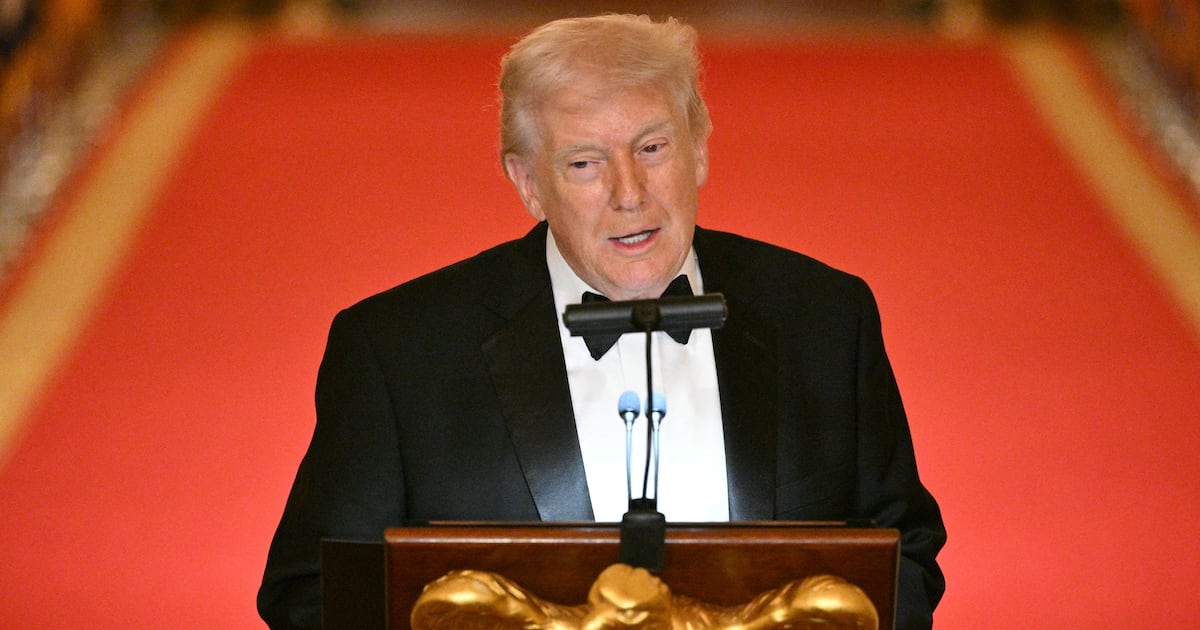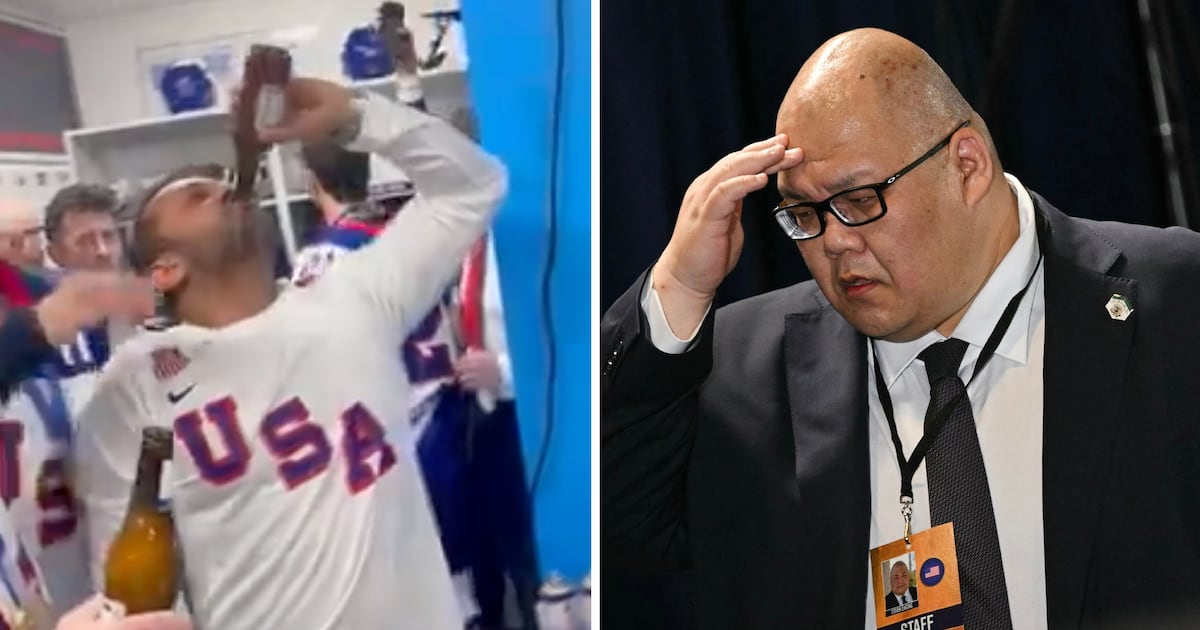Former Trump adviser Stephen K. Bannon was indicted Friday by a Washington, D.C. grand jury over his failure to comply with a subpoena ordering him to testify before the House committee investigating the Jan. 6 Capitol siege.
Bannon was charged with two counts of contempt of Congress, one for refusing to provide testimony and the other for failing to turn over documents.
The subpoena “required Bannon to appear and produce documents to the Select Committee on October 7, 2021, and to appear for a deposition before the Select Committee on October 14, 2021,” the indictment states. “On September 24, 2021, Bannon accepted service of the subpoena through his attorney.”
But Bannon never showed up, nor did he produce any of the documents or records the committee called for, the indictment continues, adding, “In fact, Bannon had not communicated with the Select Committee in any way since accepting service of the subpoena on September 24, 2021.”
Instead, the filing states, Bannon sent a letter on Oct. 7 telling the committee that he “would not comply with the subpoena because former President Donald J. Trump had claimed that the subpoena sought records and testimony potentially protected by executive and other privileges and had instructed Bannon, ‘to the fullest extent permitted by law,’” not to talk or turn anything over to investigators.
“The next day, on October 8, 2021, the Select Committee Chair responded to Bannon in writing, rejected Bannon’s reasons for non-compliance with the subpoena, and directed Bannon to comply,” the indictment says.
In a statement issued Friday, Attorney General Merrick Garland said, “Since my first day in office, I have promised Justice Department employees that together we would show the American people by word and deed that the department adheres to the rule of law, follows the facts and the law and pursues equal justice under the law. Today’s charges reflect the department’s steadfast commitment to these principles.”
Bannon’s personal representative, Alexandra Preate, did not immediately respond to a request for comment. Neither did Bannon’s attorney, Bob Costello.
NBC News reported Bannon plans to turn himself in on Monday. On Friday, he hosted three episodes of his daily “War Room” podcast, calling for listeners to reject President Joe Biden’s 2020 election victory and aggressively fight to topple the “state capitalism authoritarian power.” He did not make any mention of his indictment during the first half of the third episode, which aired at 5 p.m. ET after it the criminal charges were made public.
“We are living in an authoritarian system,” he said.
The committee’s chairman and vice chair, Rep. Bennie G. Thompson (D-MS) and Rep. Liz Cheney (R-WY), issued a statement saying: “Steve Bannon’s indictment should send a clear message to anyone who thinks they can ignore the Select Committee or try to stonewall our investigation: no one is above the law. We will not hesitate to use the tools at our disposal to get the information we need.”
Each count of contempt of Congress is punishable by a maximum of one year in jail, as well as a fine of up to $1,000. The case is being investigated by the FBI’s Washington Field Office and is being prosecuted by the Public Corruption and Civil Rights Section of the U.S. Attorney’s Office for the District of Columbia.
Few people in Bannon’s shoes ever actually get sentenced to prison for contempt of Congress. And the most relevant past case about a past president trying to exert the kind of executive privilege that Bannon is leaning on for a defense was Nixon—who lost in court, according to University of Richmond law school professor Carl Tobias.
“I think that Bannon has a weak case as a long ago confidante of a discredited President, and Bannon may have been willing to join an insurrection against the U.S. government. If Bannon is able to avoid accountability, others could be encouraged to engage in similar misconduct,” Tobias said.
The charge against Bannon comes as the Select Committee weighs charges for two other Trump associates, both of whom, unlike Bannon, still worked at the White House at the time of the attempted insurrection by a violent mob of Trump supporters.
Earlier on Friday, Thompson sent a stern letter to former White House Chief of Staff Mark Meadows about his own failure to appear before the committee. Meadows had said via his lawyer that he was “duty bound” to decline the committee’s subpoena and “immune” from testifying.
Thompson wrote, “There is no valid legal basis for Mr. Meadows’s continued resistance to the Select Committee’s subpoena.”
Jeffrey Clark, a former Justice Department official, is also in the committee’s crosshairs. Clark pushed the department to investigate Trump’s baseless claims of widespread voter fraud.
The former president has attempted to assert executive privilege to shield White House records such as visitor and phone logs from the committee’s scrutiny as well. President Joe Biden has declined to support the claim, and courts have rejected Trump’s defensive maneuver three times thus far. On Thursday, a federal court paused the National Archives’ planned release of Trump’s documents pending further arguments in the case, slated for the end of this month.








